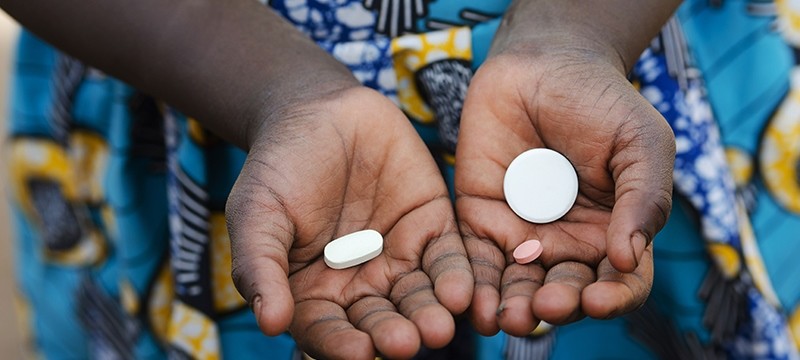South Sudan’s Health Ministry says plans are currently underway to review the efficacy of the present anti-malarial drugs used in the country.
Speaking during the introduction of a new malaria drug in Juba on Thursday last week, the National Malaria Control Program Coordinator, Dr. Harriet Akello said malaria infection rates in the country are high when compared to other diseases in the country.
“The drugs we are using are WHO [World Health Organization] recommended drugs, but we of course need to test their efficacy before we can say they are effective or not effective,” Akello said.
“At the moment, the ministry of health has put a plan and we are actually working on it to ensure that by March, we have data on the efficacy of the current anti-malarial drugs, which will inform us for the new policy on the malaria case treatment,” she added.
Malaria is the leading cause of mortality in South Sudan and the population in the world’s youngest nation remains at risk of contracting the disease, according to Akello.
“The whole population of South Sudan is at risk of malaria. So we don’t have any part of South Sudan which is malaria free. The whole country is malaria endemic,” Akello said.
She added, “If you compare with diseases like respiratory tract infection, diarrheal diseases plus other epidemic diseases, malaria is always on top”.
Malaria is a life-threatening disease caused by parasites transmitted to people through bites of infected female Anopheles mosquitoes.




